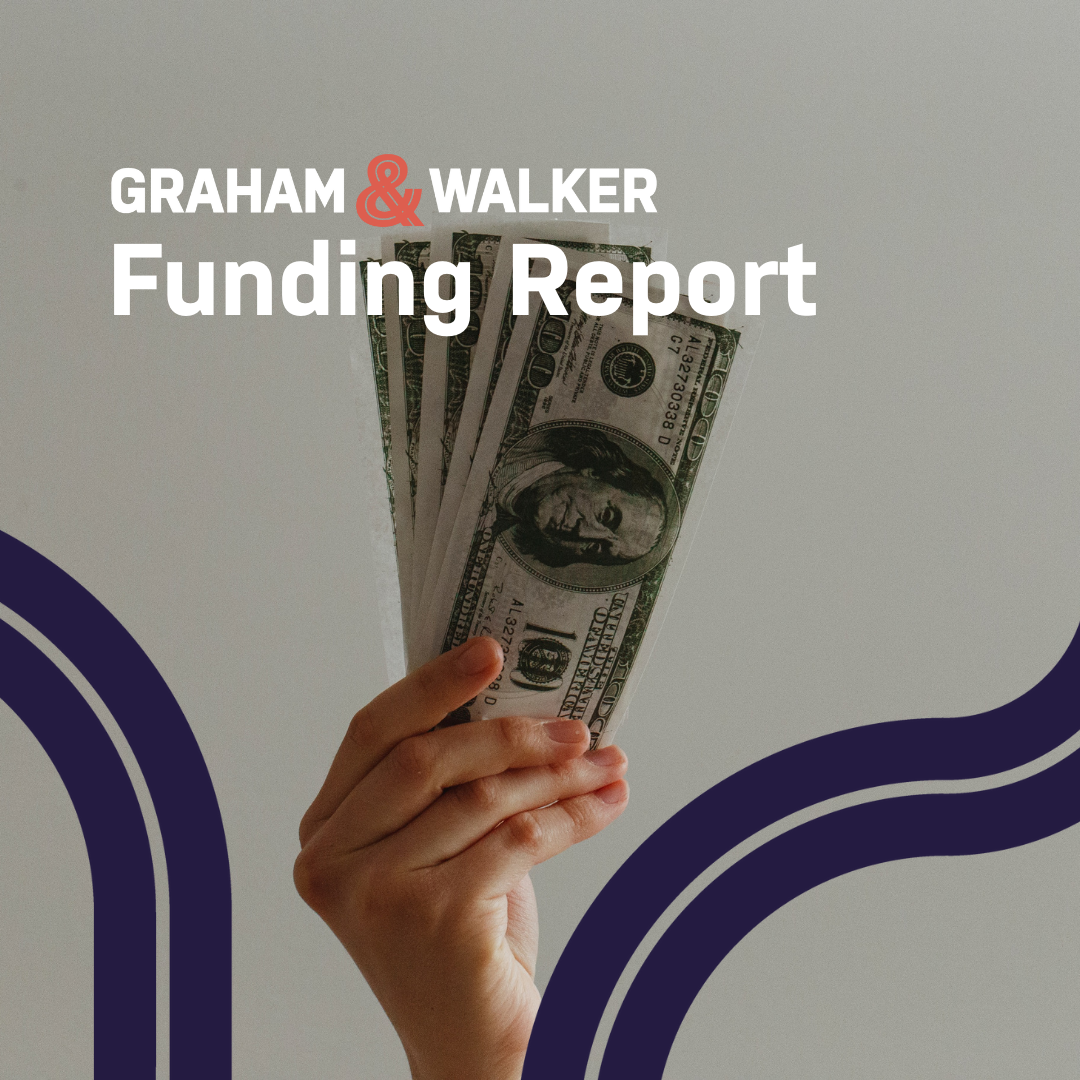Tracy Lawrence built Chewse—a meal delivery service that plans and delivers family-style office catering from the best local restaurants—with the mission that no one would eat lunch alone. Chewse hires their hospitality team locally, sources their food from local restaurants, and donates unwanted meals. They take every opportunity to pull up a chair at the table for someone who could be crowded out by big players. In fact, they believe community is what sets them apart, and they’re thrilled to share their community partners with you.
Tell us about your company. What inspired you to start it?
Who are your cofounders and what makes you a great team?
I had one co-Founder, who left the company last year. Being a solo Founder has pushed me to find the proper outlets for who I can share with, and where I can find confidants. My biggest recommendation for founders is to build a group of two to three other founders that you can really trust.
I also speak openly about having a coach and therapist, who I see regularly. I think both are really important aspects of every founder’s network, and they’ve consistently supported me so I can do my best work!
How is your company making a difference?
One of the things that sets Chewse apart is our company culture. We’re building what we call a Love and Excellence Company. When we say “Love,” we mean caring about each other and our coworkers. But we believe you can’t Love someone without also holding them to their highest standard – which is Excellence. And you can’t push someone to be the best they can be without caring about them. The process is cyclical, and the two elements of culture go hand in hand.
We also give back to the local economy in every city we’re in. Chewse only sources food from mom and pop restaurants. We work to build a partnership that’s great for us AND the restaurant we’re working with, and we send them hundreds of thousands of dollars of business each year. Catering can be particularly impactful for small restaurants because it gives them the opportunity to earn beyond their restaurant capacity, and share their food with many more people.
Not only do we partner with local restaurants, but we also donate leftover food back into the local community. Through our Chewse to Give program, we’ve partnered with Copia, a food recovery company also based in San Francisco. With their help, we’re able to route food in real-time to local non-profits that need it most, so everyone has a seat at the table. To date, we’ve donated 46,000 pounds of food, which translates to 38,000 meals donated.
Because of our Love and Excellence values, we not only attract employees with incredibly high EQ, but we also perform and take great pride in our work. That’s our formula to building a scalable, venture-backed company that cares about its people.
What are some of the challenges you have faced?
What is your biggest win?
Even though we’re still growing, I think my biggest win is the inspiration that Chewse can provide for other founders, especially in the tech space. I actively push back against the “growth at all costs” mentality, and I want founders who are building authentic companies to know that you CAN do that and still succeed. There’s a way to grow while also caring about your employees, and you can definitely still make an impact if you grow that way. After all, we’ve been growing that way for 8 years doing it that way!
Who is your role model?
There are plenty of people I really look up to and who have modeled the way of doing authentic business that I admire. One role model that comes to mind is Carrie Kommers, who ran the dineL.A. restaurant week program. She hired me as an intern for the summer and was an incredibly kind and caring role model. Carrie showed me that you can care deeply and still be highly effective and outspoken. She was one of my first role models of how warmth and performance can work together.
Another role model is a Chewse board member and early investor: Russell Cook. He’s highly productive and effective, while also managing to be very kind and direct.
What do you wish you had known before starting your company?
I wish I’d known that there are many different types of CEOs. And, furthermore, that the type that gest touted by the media isn’t necessarily the only way to be successful. The media tends to put CEOs who are harsh and driven at all costs on a pedestal, but you can be caring and authentic and still build a big, great company.
What is your CEO super power?
My CEO superpower is empathy. If I’m in a room or a meeting, I can pick up how people are doing. I’m also good at noticing if someone wants to speak up or if they feel uncomfortable. It can be really exhausting to notice these things, but the good part is that I can help people speak up. If someone is on the sidelines and they want to say something, I can help put the spotlight on them, which they may not be able to do for themselves.
Anything else you want people to know?
I’ve raised tens of millions of venture capital dollars, and I still have leadership struggles every single day. Raising money doesn’t solve those issues or make your impostor syndrome go away. If anything, it magnifies it. So doing the work on your personal development with a coach and/or therapist is incredibly important.
If you’d like to hear more from Tracy, check out FFA’s Forum, where Tracy and Hustle Fund investor Elizabeth Yin talk about Raising VC with Heart (and Authenticity).
Not on our mailing list yet? Sign up here!

